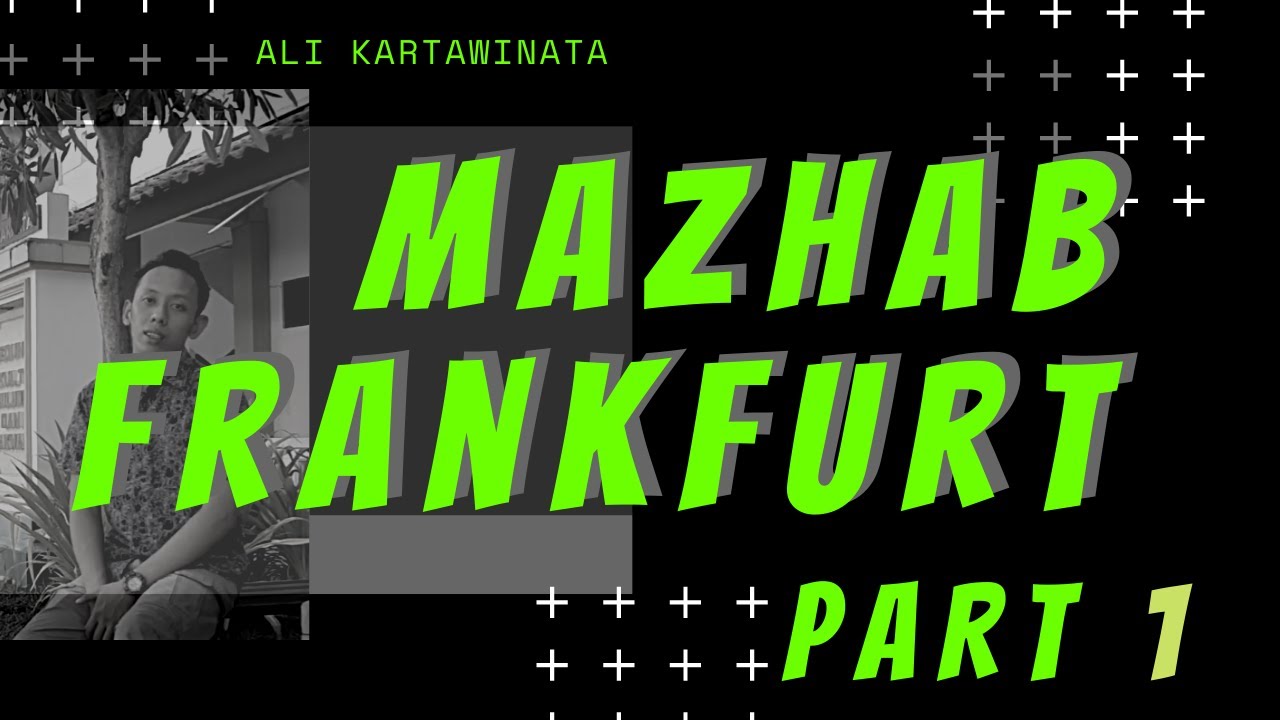What is Critical Theory? | Definition, History, and Examples from Pedagogy of the Oppressed
Summary
TLDRThe script delves into critical theory, exploring its origins in the Frankfurt School and its broader application in social philosophy. It critiques power structures through ideologies embedded in institutions, influencing behavior and beliefs. Key tenets include the political non-neutrality of social science and the role of critical theory in identifying and overcoming societal oppression. The script highlights Paulo Freire's 'Pedagogy of the Oppressed' as an example, advocating for an educational model that fosters questioning and collaboration to counter authoritarianism. The video concludes with an encouragement to continue learning and supporting the channel.
Takeaways
- 📚 Critical theory has two main interpretations: a narrow sense referring to the Frankfurt School and its Marxist tradition, and a broader sense that encompasses various forms of social philosophy using Marxist theory to critique power structures.
- 🌟 The Frankfurt School, starting with Max Horkheimer in the 1930s, is a key example of the application of critical theory within a Marxist tradition.
- 🔍 Critical theories, including critical historiography and critical race theory, analyze how ideology becomes embedded in social and political institutions, influencing behavior and beliefs.
- 🛠 Critical theorists use deconstruction of ideologies' historical development to promote positive social change through academic scholarship.
- 🏛 Horkheimer argued that social science is never politically neutral, as it is influenced by the researchers' biases and ideological assumptions.
- 🚫 The traditional social science claimed objectivity, which Horkheimer saw as a facade that supported the ruling elite's interests and reinforced the status quo.
- 🔑 Critical theory aims to identify and overcome oppression in society, challenging the uncritical reproduction of ideological narratives.
- 👨🏫 Paulo Freire's 'Pedagogy of the Oppressed' is highlighted as an application of critical theory in education, critiquing traditional models that foster authoritarian politics.
- 🤔 Freire proposed the 'problem-posing model' of education, where students engage in collaborative discussions and question information, fostering democratic values.
- 🌐 The script encourages viewers to continue learning and to explore the series on top social science theories.
- 🎥 The creator is on parental leave but promises new content periodically, with a full return in July, supported by Patreon supporters.
Q & A
What does the term 'critical theory' refer to in a narrow sense?
-In a narrow sense, 'critical theory' refers to several generations of social theorists in a Marxist tradition, known as the Frankfurt School, which began in the 1930s with German author Max Horkheimer.
How is 'critical theory' used in a broader sense?
-In a broader sense, 'critical theory' is used to describe forms of social philosophy that utilize aspects of Marxist theory to critique and challenge power structures.
What are some examples of different forms of critical theory?
-Examples of different forms of critical theory include critical historiography, critical cartography, and critical race theory, which is probably the most famous.
How do critical theories explore the influence of ideology on society?
-Critical theories explore how ideology becomes embedded in social and political institutions and influences and dictates our behavior and beliefs in society.
What is the goal of critical theorists in studying and deconstructing ideologies?
-The goal of critical theorists is to use academic scholarship to affect what they see as positive social change by identifying and overcoming forms of oppression inherent to the societies in which we live.
What is one of the main tenets of critical theory as articulated by Max Horkheimer?
-One of the main tenets of critical theory, as articulated by Max Horkheimer, is that social science is never politically neutral and that social scientists bring their own unacknowledged biases to their interpretations of culture.
Why did Horkheimer argue against the claims of objectivity in social science?
-Horkheimer argued against the claims of objectivity in social science because they gave unarticulated biases a sense of scientific truth, which supported the interests of the ruling elite and reinforced the status quo.
What is the traditional theory in academia according to Horkheimer's framework?
-According to Horkheimer's framework, the traditional theory in academia serves to reinforce the status quo by uncritically reproducing ideological narratives that support forms of exploitation.
Can you provide an example of applying critical theory to a specific field?
-An example of applying critical theory to a specific field is Paulo Freire's 'Pedagogy of the Oppressed,' which applies critical theory to the study of education.
What is the problem-posing model proposed by Paulo Freire?
-The problem-posing model proposed by Paulo Freire is an educational model where students learn through collaborative discussions, moderated by teachers, and are encouraged to constantly question the sources of information given in the classroom.
How does the problem-posing model aim to counter authoritarian politics?
-The problem-posing model aims to counter authoritarian politics by internalizing the value of collaborative learning and questioning authority, which helps build stronger democratic institutions and push back against anti-democratic ideologies.
Outlines

This section is available to paid users only. Please upgrade to access this part.
Upgrade NowMindmap

This section is available to paid users only. Please upgrade to access this part.
Upgrade NowKeywords

This section is available to paid users only. Please upgrade to access this part.
Upgrade NowHighlights

This section is available to paid users only. Please upgrade to access this part.
Upgrade NowTranscripts

This section is available to paid users only. Please upgrade to access this part.
Upgrade NowBrowse More Related Video

The Frankfurt School: From a Failed Revolution to Critical Theory | Tom Nicholas

Seri Kuliah Online: (1) Teori Kritik, Latar Belakang Lahirnya Teori Kritik Mazhab Frankfurt

Mazhab Frankfurt dan Teori Kritis Part 1 - Ali Kartawinata

Teori Pascakolonial | Mata Kuliah Teori Sastra Pascastruktural

Theodor Adorno (y Horkheimer) - Escuela de Frankfurt y Dialéctica Negativa - Filosofía del siglo XX

Dr. F. Budi Hardiman: "Mazhab Frankfurt dan RAF/ Baader-Meinhof"
5.0 / 5 (0 votes)